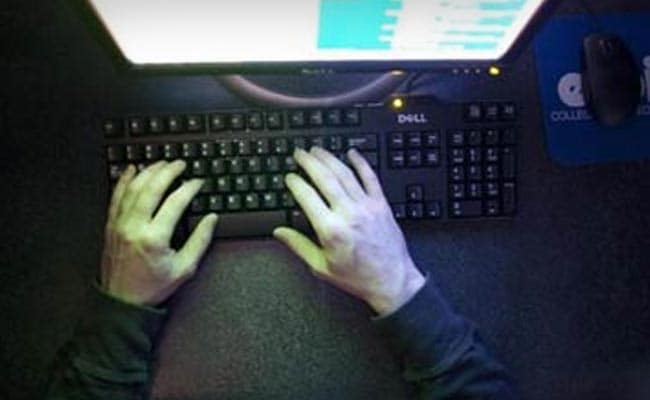
Germany's domestic secret service said it had evidence that Russia was behind a series of cyber attacks. (Representational Image)
Berlin, Germany:
Germany's domestic secret service said today it had evidence that Russia was behind a series of cyber attacks, including one that targeted the German parliament last year.
"One of the most active and aggressive campaigns is the 'Sofacy/APT 28' campaign," said the BfV agency, adding that it "sees evidence of Russian state control" in the operation that infected computers with Trojan software.
While Sofacy aimed at stealing data, another campaign named "Sandworm" was also designed to sabotage IT systems, the BfV said in a statement.
"Besides targeting government posts, it was also aimed at telecommunications companies, energy providers as well as higher education facilities," said the agency.
IT experts have said a power failure in parts of Ukraine late last year was down to a "Sandworm" hack.
"The campaigns being monitored by the BfV are generally about obtaining information, that is spying," the agency's chief Hans-Georg Maassen said in a statement.
"However, Russian secret services have also shown a readiness to carry out sabotage."
The Sofacy attack that last year hit the German lower house of parliament also affected a computer in Chancellor Angela Merkel's legislative office, local media reported.
(This story has not been edited by NDTV staff and is auto-generated from a syndicated feed.)
"One of the most active and aggressive campaigns is the 'Sofacy/APT 28' campaign," said the BfV agency, adding that it "sees evidence of Russian state control" in the operation that infected computers with Trojan software.
While Sofacy aimed at stealing data, another campaign named "Sandworm" was also designed to sabotage IT systems, the BfV said in a statement.
"Besides targeting government posts, it was also aimed at telecommunications companies, energy providers as well as higher education facilities," said the agency.
IT experts have said a power failure in parts of Ukraine late last year was down to a "Sandworm" hack.
"The campaigns being monitored by the BfV are generally about obtaining information, that is spying," the agency's chief Hans-Georg Maassen said in a statement.
"However, Russian secret services have also shown a readiness to carry out sabotage."
The Sofacy attack that last year hit the German lower house of parliament also affected a computer in Chancellor Angela Merkel's legislative office, local media reported.
(This story has not been edited by NDTV staff and is auto-generated from a syndicated feed.)
Track Latest News Live on NDTV.com and get news updates from India and around the world

